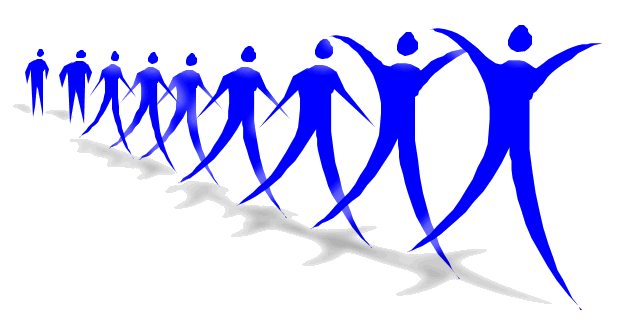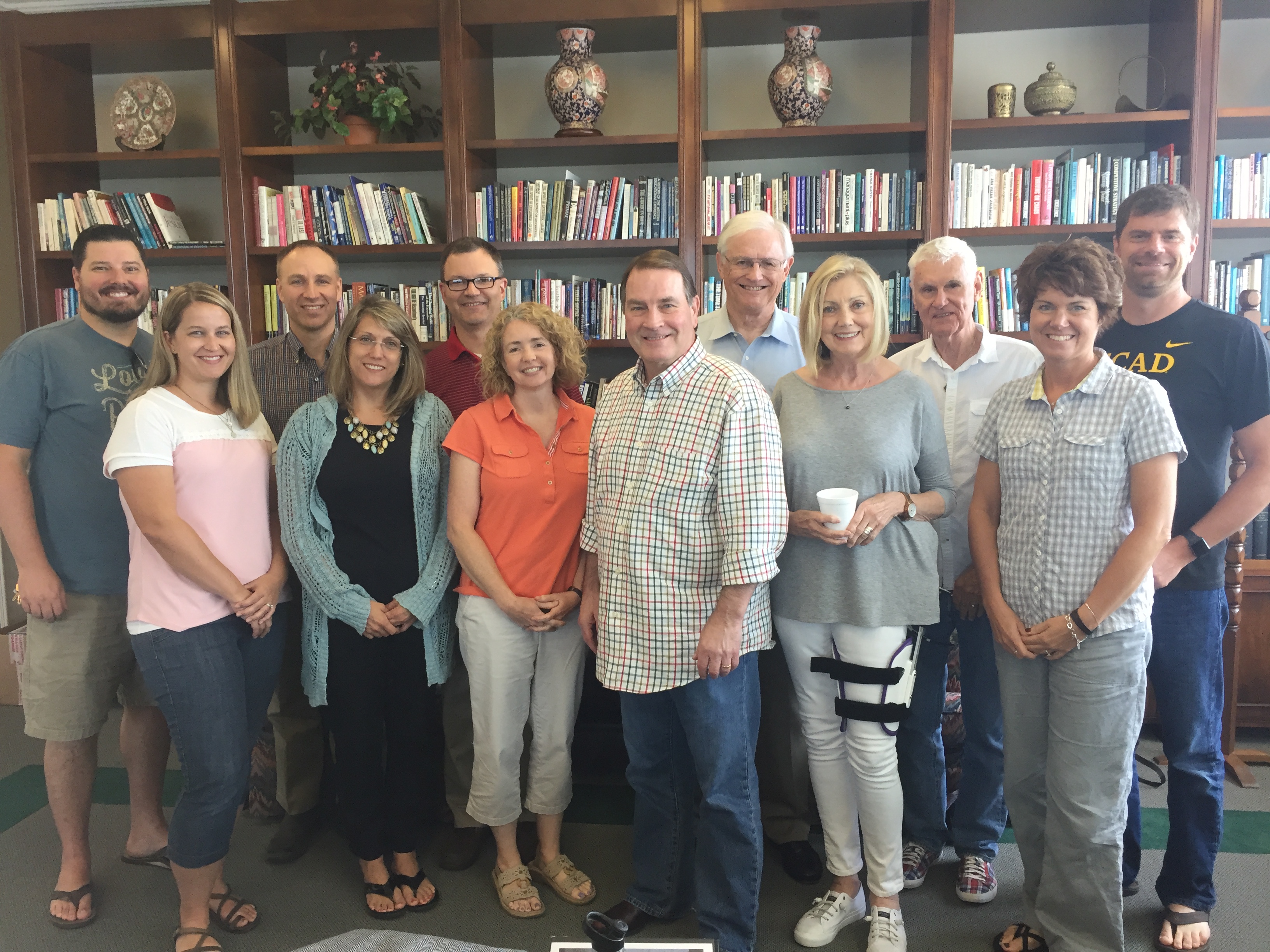It’s a good book. I wrote this summary to encourage professional counselors in the DFW to read it. W e all need to work on seeing our cultural issues more clearly, our own views as well as those differing from ours. I Hope this will entice you to read the book.
e all need to work on seeing our cultural issues more clearly, our own views as well as those differing from ours. I Hope this will entice you to read the book.
Imagine a long overdue visit to the optometrist. You sit behind a big disk full of lenses, one of which makes all those letters very clear. No longer does a “Q” blur with an “O” or a “G.” You are no longer confused about discerning a number from a letter. With the proper lens, you can see things clearly for what they are. Reality replaces imagination or extrapolation or inference. This book clarifies our perspective on what we actually believe based on truth. It contrasts sacred values with those differing from our own, thus helping us to know more clearly what we believe and how those beliefs drive our meaning and purpose in life.
Murray characterizes our American culture as embracing unbounded autonomy while abandoning truth. Preferences and opinions formulate conclusions as a filter for which “facts” qualify as acceptable. That’s backward from what it ought to be. In the absence of truth as an arbiter between differences, each side resorts to power in order to win over the other side. Chaos results. Our current political arena illustrates how quickly we are inclined to hurl insults at the opposition rather than examining the foundational premise and worldview either side holds. Is the abortion debate about rights of the mother or about when life as a human begins? Is the immigration debate about hospitality toward the sojourner or about keeping our country free from dangerous people? On and on, slogans populate the airwaves more than facts, principles and foundational sacred values. When we attempt to clarify differences, we are accused of bias or judgmental condescension. Murray states that clarity has become a vice and confusion has become a virtue.
Our role as counselors is, in part, to help our clients overcome the confusion in their lives. We help them align their perception with more objective reality. We help them clarify differences with dignity. We help them live consistently within the principles of their worldview. Therefore we of all people need to be clear about how our Christian worldview impacts our priorities and perspectives. Murray was a Muslim in his youth who has trusted Christ at Savior and is now an apologist on the team of Ravi Zacharias. He’s a clear thinker.
He clarifies the relationship between freedom and limits. He let his children play freely in his backyard (bounded by a busy highway) only after he built a fence around his property. He distinguishes between “freedom from” and “freedom for.” This distinction has a lot to do with the object of our focus. This distinction can help redirect a quarreling couple toward freedom for harmony and intimacy rather than freedom from discomfort and antagonism.
He clarifies the importance of holding a Christian worldview with human dignity. He critiques a statement by Justice Anthony Kennedy, “At the heart of liberty is the right to define one’s own concept of existence, of meaning, of the universe, and of the mystery of human life.” How would you clarify the inconsistencies of such a statement? Murray says, “the autonomy that we claim gives us dignity is the very autonomy that undermines it. That’s as confused as things get.” He goes on to state “the cross is where human depravity and human dignity collide.”
In a relevant-for-the-times chapter on sexuality, gender, and identity, he answers the question, “How can the Bible validate the sexuality of someone whose sexual orientation the Bible calls abominable?” He makes it clear that God does not arbitrarily prohibit certain conduct. Rather, he protects something sacred, the created Image of God, the celebrated unity with diversity in relationship. I was impressed that he quoted Mark Yarhouse’s research several times in this chapter. You ought not to miss this chapter.
If you’re interested in how religion, faith, and science integrate truth, Murray spends a chapter answering the question, “Why do you think faith is a valid way of knowing things?” How would you answer that question with a client who is searching?
I was particularly impressed with the various distinctions he makes between Christianity and other world religions. All roads do not lead to the same God. “Failure to recognize that all views are exclusive at some level is at the heart of the culture’s confusion about religious pluralism,” says Murray.
Murray goes beyond clarifying the areas of fog that our boundless pursuit of autonomy has created. He ends by clarifying the hope in our future that reliance on truth (Truth?) can provide. “We’ve so obsessed over the freedom to do what we want that we’ve neglected the freedom to do what we should.” He closes with how we can transition from freedom to truth and from truth to clarity.
If we are professional counselors who hold a Christian worldview, then we ought to be very clear of what that worldview is and how it can provide us with a truthful and reliable guide to a meaningful life. I recommend this book for you to read to that end.
JLJ

 Uncategorized |
Uncategorized | 
 Posted by leejagers
Posted by leejagers 







 That weekend changed my quality of life. My life had been good, but it was two-dimensional. I surrendered the control of my life to Christ late in 1968 and experienced a spiritual “rebirth.” The third dimension added to my new life was spiritual. Instead of striving to achieve goals, I found myself surrendering to God’s lead, being used by him to accomplish his will. Instead of getting exhausted and tired chasing my own goals, I found myself getting energized and excited. Instead of wondering if my contributions would soon become obsolete, I found a peace of mind and confidence that I could contribute to timeless issues of people’s lives. People and the Word of God, these became secure investments for the rest of my life! Even when I left my profession of electrical engineering and didn’t know exactly what lay ahead of me, I knew the WHO that would take me there. Jesus is the “who” that takes care of all the “what” in my life. Security became based on the experiential reality of knowing Jesus who can never falter or fail.
That weekend changed my quality of life. My life had been good, but it was two-dimensional. I surrendered the control of my life to Christ late in 1968 and experienced a spiritual “rebirth.” The third dimension added to my new life was spiritual. Instead of striving to achieve goals, I found myself surrendering to God’s lead, being used by him to accomplish his will. Instead of getting exhausted and tired chasing my own goals, I found myself getting energized and excited. Instead of wondering if my contributions would soon become obsolete, I found a peace of mind and confidence that I could contribute to timeless issues of people’s lives. People and the Word of God, these became secure investments for the rest of my life! Even when I left my profession of electrical engineering and didn’t know exactly what lay ahead of me, I knew the WHO that would take me there. Jesus is the “who” that takes care of all the “what” in my life. Security became based on the experiential reality of knowing Jesus who can never falter or fail. e all need to work on seeing our cultural issues more clearly, our own views as well as those differing from ours. I Hope this will entice you to read the book.
e all need to work on seeing our cultural issues more clearly, our own views as well as those differing from ours. I Hope this will entice you to read the book.

